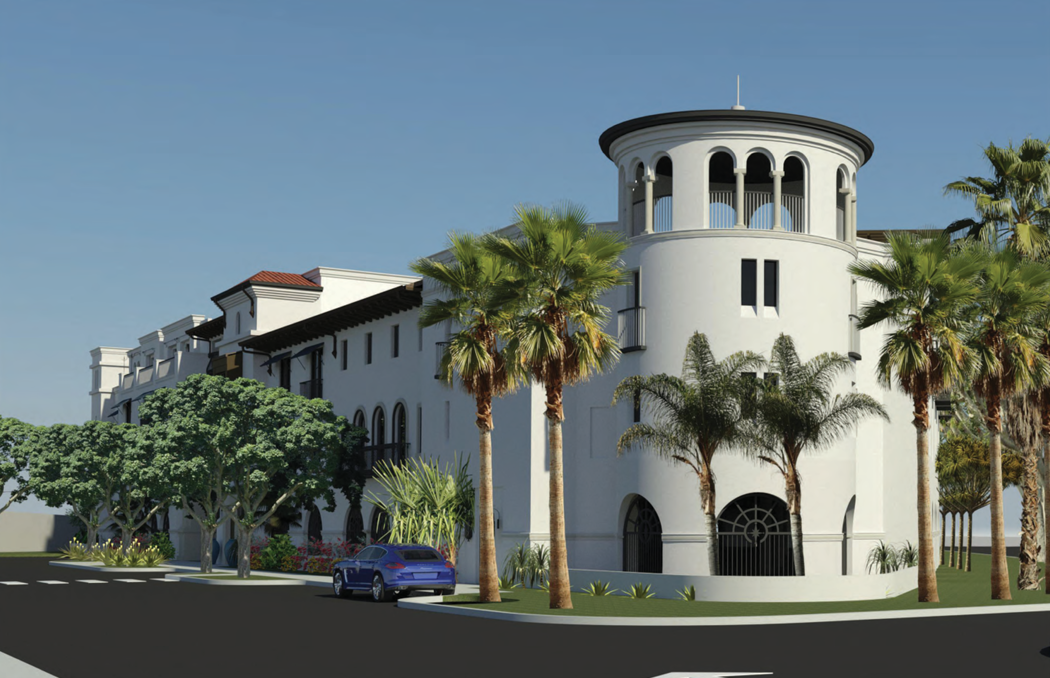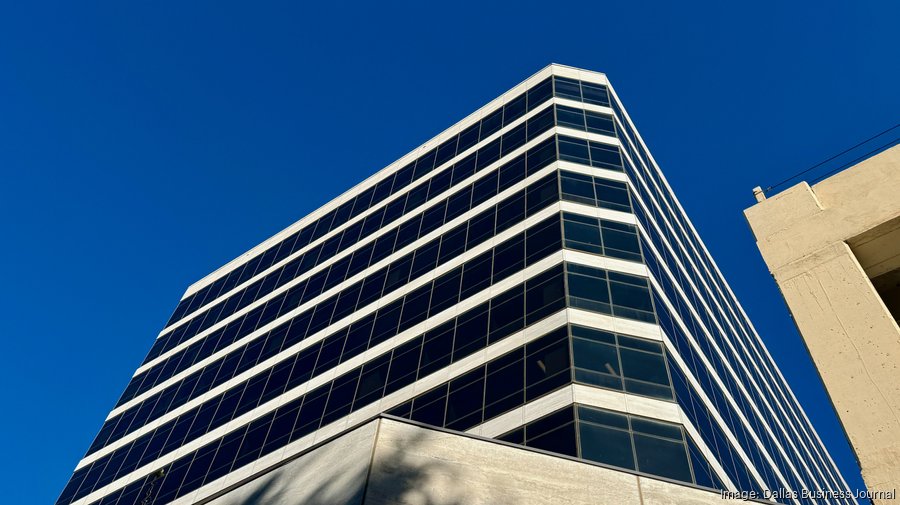Energy-efficiency regulations are heating up across the U.S., and commercial real estate developers and property owners are being called on to upgrade their buildings or face hefty fines. Green upgrades are not cheap, and as pressure mounts, building owners are searching for solutions to help them make changes without breaking the bank.
Property Assessed Clean Energy financing, known more commonly as PACE, presents one solution. PACE programs are designed to help defray the financial burden of implementing energy improvements. In states where PACE legislation exists, property owners can receive a loan for energy-efficient upgrades if they agree to a special assessment on their property tax bill, which is then used to repay that loan.
“These loans have a great structure for both lenders and property owners,” said Reagan Dixon, PACE evangelist for HALL Structured Finance. “For lenders, the loan is backed by the whole property, and for borrowers, there is no personal liability.”
HSF recently started offering PACE financing as part of its loan program. Bisnow sat down with Dixon to learn more about this niche type of financing and what it means for commercial property owners and developers.
Bisnow: How is PACE financing different from a traditional construction loan?
Dixon: The key difference is that a PACE loan is tied directly to the property and the energy-efficient upgrades that will be made to it, while a traditional loan is tied to the person or entity who borrows it. A traditional construction loan is of course also tied to the property, but it is really the borrower who is being underwritten — it’s all about their plan and the resources they will bring to the table. With PACE, it is the property and its new tax assessment that matter most, not the borrower.
Also, almost every state with PACE legislation requires the borrower to explain where, exactly, the money will be going and prove that the upgrades they plan to make are related to energy savings. A final major difference is that the length of a traditional construction loan is anywhere from two to 10 years, while PACE loans are paid back over the course of 20 to 25 years.

Bisnow: What are some specific upgrades that PACE financing typically covers?
Dixon: With PACE funds, owners might upgrade to a more efficient HVAC system, install LED lighting in place of traditional fluorescents or install water conservation tools that limit flow and reduce waste. Some states have even come up with hyper-localized upgrades that they want owners to make. In California, for instance, property owners are encouraged to implement earthquake-proofing measures, while Florida calls on owners to make their buildings more resistant to hurricane winds.
Bisnow: What types of properties qualify?
Dixon: HSF is primarily focused on the commercial sector, but there are both commercial and residential PACE programs in place across the country. When it comes to commercial properties, almost any type of building could be a good fit for this type of financing, but we’ve found that hotels, multifamily and office and retail properties reap the greatest benefits from renovating their spaces to add energy-efficient upgrades.
Bisnow: This is a new undertaking for HSF. What are your plans for offering PACE financing to your clients?
Dixon: The private lending industry has had trouble figuring out the best way to integrate PACE financing with traditional mortgage lending. Typically, a developer or property owner will go to a PACE-only lender that will give them a percentage of the capital stack, and then go to a senior mortgage lender that will give them the rest of what they need. The more people involved in a loan, the more complex it gets.
What we’ve done at HSF is integrate PACE financing with our traditional senior mortgage lending program. This allows us to increase the leverage on a property. So let’s say that in the past we would have loaned out 75% of the cost of a project. Now, we will loan out 80% of the cost, a portion of which will be PACE financing, and because this is such an efficient type of capital, we’re also able to offer lower interest rates.
This feature was produced in collaboration between Bisnow Branded Content and HALL Structured Finance. Bisnow news staff was not involved in the production of this content.
View full story here.
Back To News Room
News Room
Related Articles
Scroll to explore related Articles from HALL Structured Finance team










